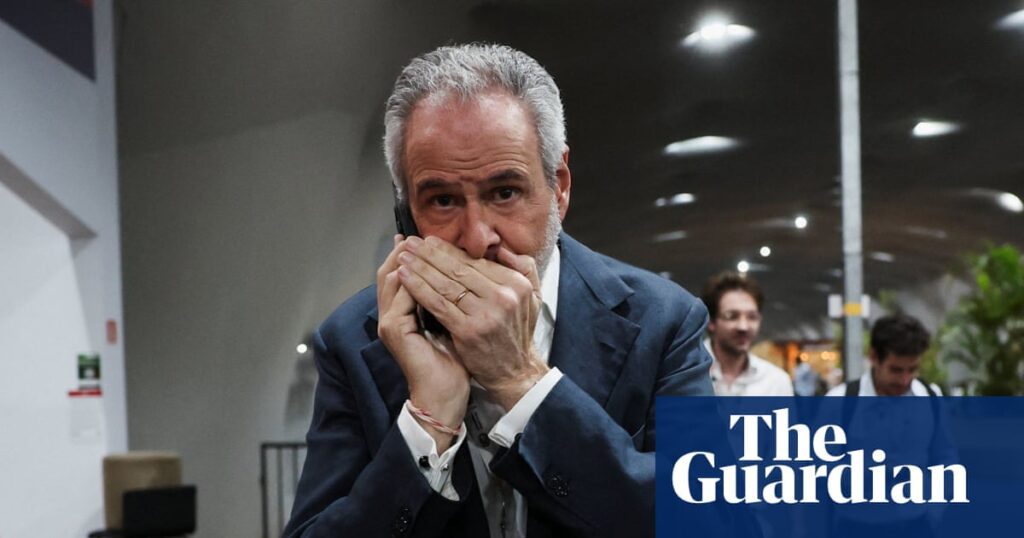On Saturday, negotiations in Brazil marked a small step toward phasing out fossil fuels, despite significant opposition from oil-producing nations. The conference, attended by 194 countries—excluding the U.S.—resulted in a voluntary agreement to discuss a roadmap for this transition.
The talks were nearly derailed by tensions between a coalition of over 80 nations and a group led by Saudi Arabia and Russia. While campaigners expressed disappointment over the lack of urgency, they acknowledged that some progress was made, including a commitment to increase financial support for developing countries adapting to climate change, though this support will now arrive by 2035 instead of 2030 as hoped.
Crucially, a proposed roadmap to end deforestation was omitted from the final agreement, disappointing conservationists. Yet, leaders emphasized the urgency for climate action and the disproportionate risks facing vulnerable communities. For instance, Kenya’s climate envoy stated that developed countries must fulfill their financial commitments.
Although the outcomes were weaker than desired—especially regarding national emissions reduction plans—countries agreed to launch an “accelerator” program to address shortcomings in emissions targets. However, provisions for developing “critical minerals” faced pushback from China and Russia.
UN Secretary-General António Guterres and other leaders highlighted the dire consequences of rising temperatures. The conference began with high hopes but was marred by conflicts, including a fire near the delegation offices that temporarily halted negotiations. Activists lamented that more than 90 countries supported urgent action against fossil fuels and deforestation, yet key agreements were blocked by opposing interests.
Source link


